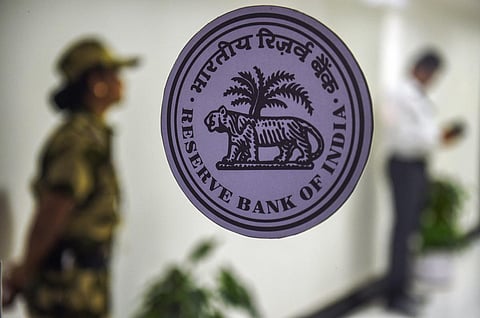

MUMBAI: Stating that the total outstanding municipal bonds market is only a paltry Rs 4,204 crore or just 0.09 percent of the total corporate bonds outstanding, indicating the huge potential for funds through this route, an RBI report urged municipal corporations to enhance their revenue sources through reforms in property tax, rationalizing user-charges and improving their collection mechanisms. This is all the more important as their revenue receipts are quite modest at 0.6 percent of GDP in FY24.
An RBI report on municipal bonds released Wednesday said municipal revenue receipts, which were subdued during FY21 due to the pandemic, grew by 22.5 percent in FY22 mainly due to rise in non-tax revenues. But revenue receipts growth moderated to 3.7 percent in FY23 and was budgeted to increase by 20.1 percent in FY24.
One sure-shot way to raise low-term funds is to issue municipal bonds but most civic bodies are shying away from doing so. So far, less than half-a-dozen civic bodies like that of Pune, Hyderabad and Indore among others raised debt capital through bond sales.
That municipal bodies need to increase their own sources of revenue is clear from the dismal numbers. While only a few municipalities like Delhi, Andhra, Rajasthan, Odisha, Bengal and Tamil Nadu have sizable revenues, ranging from Rs 100 crore (Tamil Nadu) to Rs 687 crore (Delhi), civic bodies with a budgeted revenue deficit include those in Tripura, Jharkhand, Himachal, Bihar, Chhattisgarh, J&K, UP and Kerala, in the range of -Rs 2 crore for Tripura to a high of -Rs 789 crore in Kerala for FY24, the RBI report said.
"Despite significant responsibilities, civic bodies' revenue receipts are quite modest (0.6 percent of GDP in 2023-24) and pale in comparison to those of the Centre and states (9.2 percent and 14.6 percent of GDP in FY24, respectively," the report said.
The surplus in FY24 was budgeted at above Rs 1,000 crore in states like Maharashtra, Gujarat, Karnataka, MP, Haryana and Telangana, led by Maharashtra (Rs 11,104 crore).
Own tax revenue, inclusive of property tax, water tax, electricity tax, education tax and other local taxes, constituted 30 percent of total revenue in FY24, with significant variations across states.
The report also noted that the demand for high-quality public services in urban areas is growing rapidly with a rising urban population.
The elasticity of property tax revenue, the predominant source of tax revenue for a municipal body, can be improved through adopting property tax formulae which are more reflective of property valuation, it said. However, it added, “Yet municipal corporations invested with this responsibility generate limited revenue and rely heavily on the upper tiers of the government for their funding needs, limiting their operational flexibility."
Since civic bodies remain heavily reliant on the Centre and state for their funding needs through revenue transfers, the report said “a state-level rule-based system of compensation and transfers, including the regular setting up of state finance commissions assumes importance.”